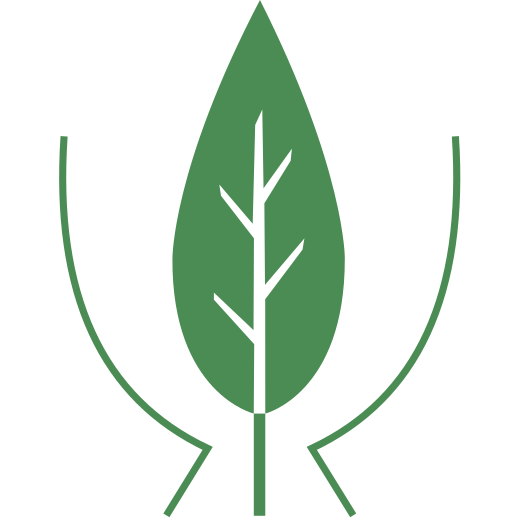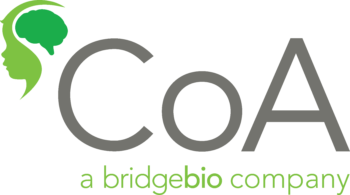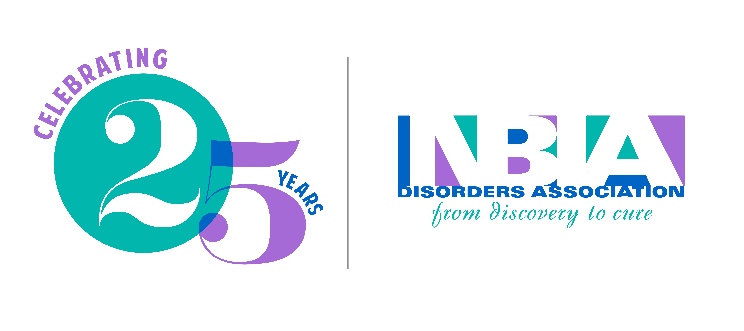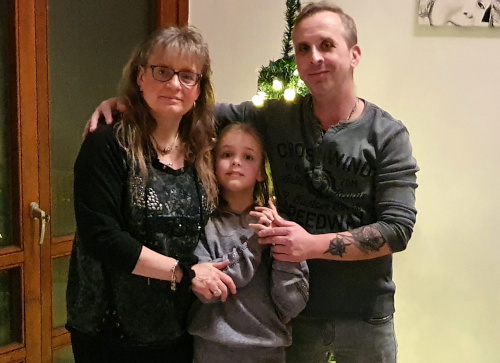PKAN drug screening at Yale University
PKAN drug screening at Yale University

Since July 2021, a new one-year PKAN research project has been underway at Yale University, New Haven (USA) under the direction of Professor Choukri Ben Mamoun. The project, entitled: "A High-Throughput Screening for PKAN-Reversing Agents", is funded with $115,000 from Hoffnungsbaum e.V., Aisnaf and NBIA Disorders Association. We are contributing $47,500 (€40,595), thanks in part to successful fundraising campaigns by some PKAN-affected families and numerous individual donations to PKAN research.
PKAN (pantothenate kinase-associated neurodegeneration), one of the most common forms of NBIA, predominantly affects children, adolescents and young adults and is caused by two mutations in each of the PANK2 gene. These mutations lead to a deficiency of the PANK2 enzyme in cell metabolism and thus to PKAN disease. Their main symptom, among other features of the disease, is muscle cramps (dystonia), which sooner or later lead to pronounced disabilities. To date, there is not a single approved therapy for PKAN that targets the causes of the disease, but mainly symptomatic treatments. However, they are insufficiently able to mitigate the consequences of the disease.
Dr. Ben Mamoun, who is still relatively new to the field of PKAN research, is supervising another PKAN project that we have previously reported on:
https://www.hoffnungsbaum.de/forscher-an-der-yale-universitaet-arbeitet-an-neuem-therapieansatz-fuer-pkan/
Mamoun sees the limited knowledge of the metabolic and cellular defects caused by the failure of PANK2 as an obstacle to finding an ideal therapeutic strategy for PKAN and explains the project, which is now jointly funded by the NBIA Patient Self-Help: "We hypothesize that an unbiased approach to detecting small molecules that restore normal function in PanK2-deficient cells could be a better therapeutic strategy. The aim of our research is to use a cell-based detection method to search for small molecules that restore normal metabolic function in cells of PKAN patients with Pank2 deficiency. The identified potential drug candidates will then be investigated in PKAN mouse models for their mode of action and biological activity. The success of these studies will set the stage for future clinical trials of the lead compounds for the treatment of PKAN."
We hope that this project, along with several other ongoing and upcoming PKAN research projects, can pave the way for new effective PKAN therapies. In the interest of PKAN sufferers, we believe that parallel research into different therapy options makes sense in the search for therapeutic solutions.





